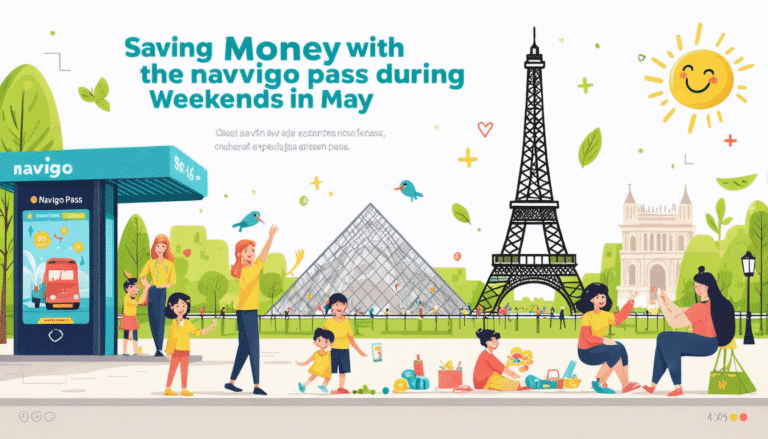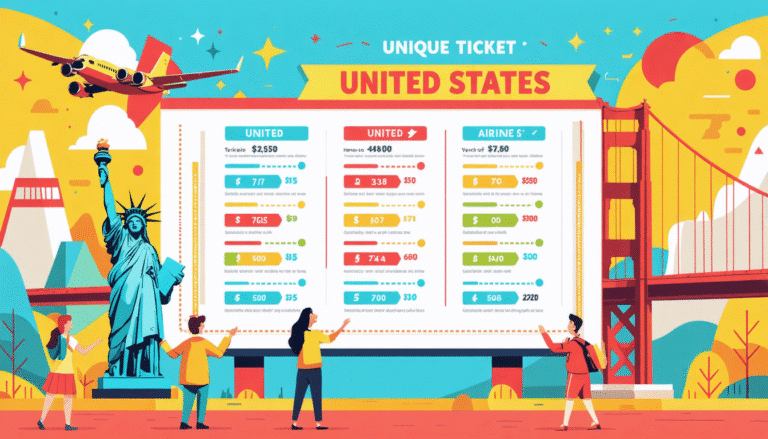At a time when artificial intelligence is revolutionizing many sectors, the travel industry is no exception. Le Chat, a conversational agent made in France, promises to transform the way we plan our getaways. In the blink of an eye, this innovative tool can create itineraries, suggest activities, and even provide practical advice to optimize our travel experience. But what are the actual strengths and limitations of this virtual assistant compared to traditional travel agencies? Let’s dive into the fascinating world of Le Chat and discover how it positions itself in the travel market in France.
When thinking of the innovations that are revolutionizing the way we travel, artificial intelligence undoubtedly appears as a major player. With the arrival of Le Chat, a conversational agent developed by the French start-up Mistral AI, the landscape of travel services is being redefined. Ready to provide advice on escapes to various destinations, Le Chat promises a service that is both fast and efficient. But can it really compete with traditional travel agencies?
A new way to plan your travels
Available online, Le Chat presents itself as an interactive tool, allowing users to create personalized itineraries in seconds. Equipped with a user-friendly interface, it allows users to ask questions about a specific destination or request recommendations on the best activities to do or places to visit. The speed of response and the accuracy of the information provided are significant advantages for rushed travelers looking to maximize their time.
Understanding how Le Chat works
Le Chat operates thanks to an artificial intelligence system that equips it to analyze data in real-time. Users can interact with it by asking simple questions, such as: “What are the best places to visit in Paris?” or “How to organize a week-long stay in New York?” The conversational agent strives to respond with tried-and-tested suggestions. It can even incorporate data related to budget, duration, and personal preferences to provide tailored recommendations.
The limitations of AI in the field of travel
However, although Le Chat seems promising, it is important to note some limitations. For users seeking a high level of customization and recommendations suited to their unique travel style, Le Chat may struggle to offer that level of expertise. Moreover, the lack of human contact can be problematic. Indeed, it is often necessary to have a person to discuss concrete variables, such as itinerary changes or advice in case of unforeseen events.
A complement, not a replacement
It is more realistic to consider Le Chat as a complement to the services of traditional agencies and not as an alternative. Indeed, travel agents have an in-depth knowledge of destinations, accommodation opportunities, and services that cannot be reduced to mere online information. However, Le Chat can be incredibly useful for conducting initial research, generating ideas, and shortening preparation time.
User and professional reviews
Feedback about Le Chat is generally positive. Users appreciate the simplicity and speed with which it suggests itineraries, while reminding of the necessity to verify the accuracy of suggestions. Travel professionals, for their part, recognize the value of such a tool in the research phase, although they emphasize the need to maintain human contact throughout the planning process.
Future prospects for artificial intelligence and travel
As the use of artificial intelligence continues to grow, it is likely that tools like Le Chat will continue to evolve. Technological advances could allow for increased personalization of recommendations, making these virtual assistants even more effective. In summary, while Le Chat is an innovative tool that facilitates the planning process, it will be essential to find a balance between technology and human services for the traveler’s experience to be genuinely enriching.









